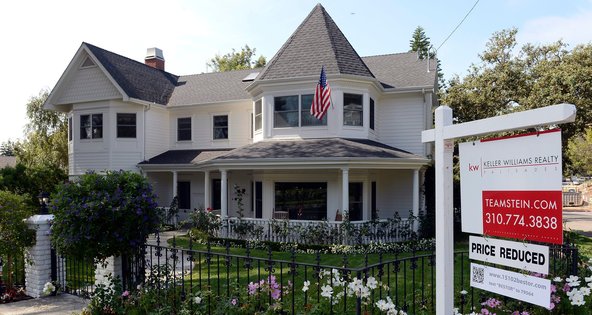BERLIN — Even as the United States economy displays unanticipated resilience, with a healthy jobs report released on Friday, the outlook for Europe’s economy grows ever dimmer. As it does, the pressure builds on Europe’s most powerful leader, Chancellor Angela Merkel of Germany, and her economic team to find a way to get the Continent growing again.
But this puts Ms. Merkel in a bind, as she has to answer to German voters in September when the country holds parliamentary elections. While the European economy may be deteriorating at an alarming rate, the electorate here is still enamored of her as the Iron Chancellor, advocating the austerity policies that are rapidly falling into disfavor elsewhere, among economists as well as the public.
Her response, in recent months, has been to try a delicate balancing act, quietly easing up on crisis-stricken states, giving them more time to narrow their budget deficits, while showing no outward signs of weakness that her political rivals can pounce upon.
But this stance may become increasingly untenable, if the United States’s more stimulative economic policies begin to bear fruit and Europe continues to struggle, as seems to be the case. The European Commission said Friday that the economy of its member nations would shrink by 0.1 percent this year, while the countries that use the euro would contract even more sharply, by 0.4 percent.
And there are signs that the contagion from the south is migrating north and beginning to drag down Germany’s export-driven economy, which is expected to grow by a meager 0.4 percent this year, adding another potential source of voter discontent to Ms. Merkel’s concerns.
So the question now is not just whether Ms. Merkel will further relax her insistence on strict austerity but how far she thinks she can go in an election year, or perhaps how far she needs to go to prop up her own economy. Few experts expect any drastic departures.
“In the end, she’s this sort of Prussian-Protestant determined person,” said Stefan Kornelius, an editor at the Süddeutsche Zeitung and the author of a new book about Ms. Merkel. “She’s not ideological, but she’s truly convinced about the rightfulness of her course.”
But the constant questions about austerity are taking their toll on Ms. Merkel, who has begun to bridle in public when people ask about spending cuts.
“I think budget consolidation is now interestingly labeled with the word austerity, which is otherwise not used in Germany,” Ms. Merkel said this week at a news conference with the new Italian prime minister, Enrico Letta. “In Germany we didn’t even know this word before the crisis.”
Aware of the shifting dynamics in Europe, Ms. Merkel has chosen instead to emphasize the need for structural reforms to the labor markets of struggling countries over slashed spending. And she is not insisting on strict adherence to budget-cutting goals. That may help in the long run but can do little to immediately pull economies out of free fall.
“Her overarching goal right now is to get re-elected, and she won’t get re-elected if she spends German money on French and Italian problems without getting anything in return,” Mr. Kornelius said.
Ms. Merkel is forced to navigate dissension within her own conservative ranks at the slightest wavering from the disciplined German line, and a new party on the right, the Alternative for Germany, pressing for the more extreme step of a breakup of the euro.
To critics, Europe is facing an undeniable economic crisis and Germany is making decisions based on politics. “They are prevaricating all the time and allowing short-term domestic considerations to determine euro-zone policy,” said Charles Grant, director of the Center for European Reform, London.
Critics contend that fiscally solid countries like Germany have already gotten plenty in return and that the narrative of parsimonious Northern Europeans bled dry by profligate southerners is a false one. They have pointed to studies quantifying how Germany has been able to save billions of dollars because lower interest rates for perceived safe havens have made borrowing money dramatically cheaper.
Chris Cottrell contributed reporting.
Article source: http://www.nytimes.com/2013/05/04/world/europe/europe-looks-to-merkel-of-germany-to-revive-economy.html?partner=rss&emc=rss
